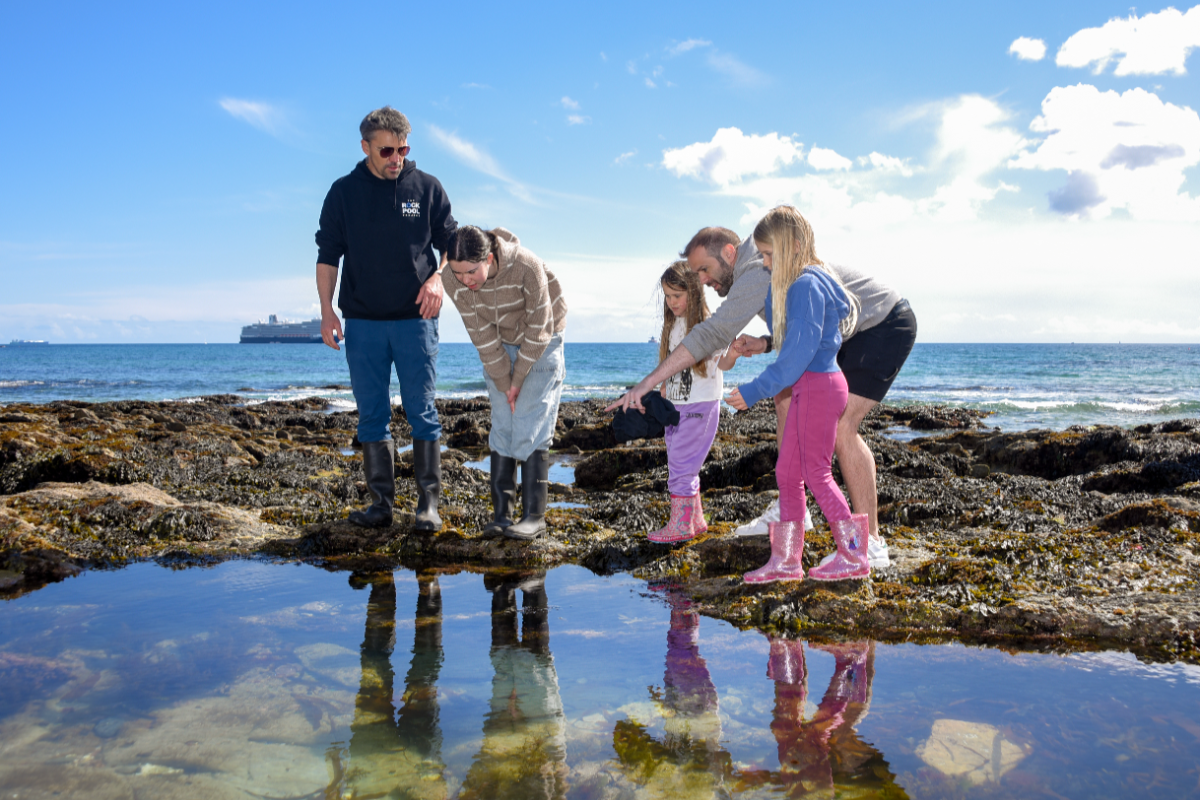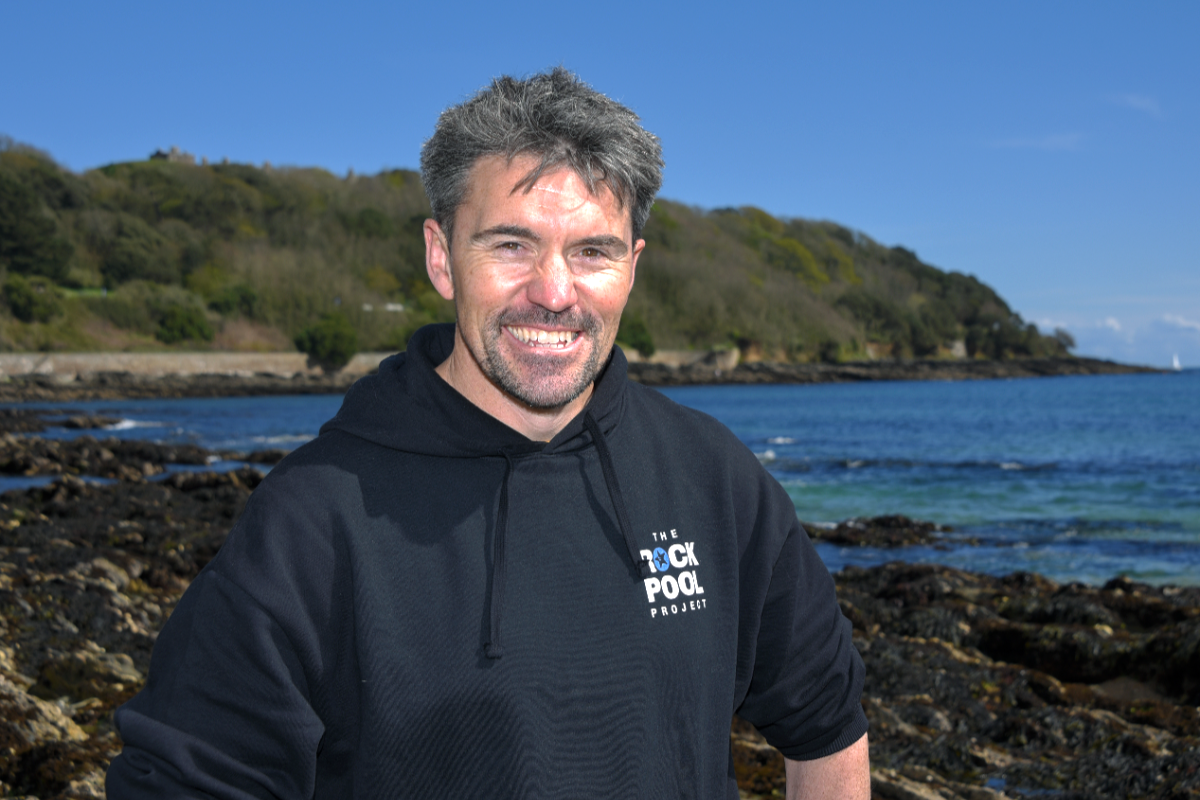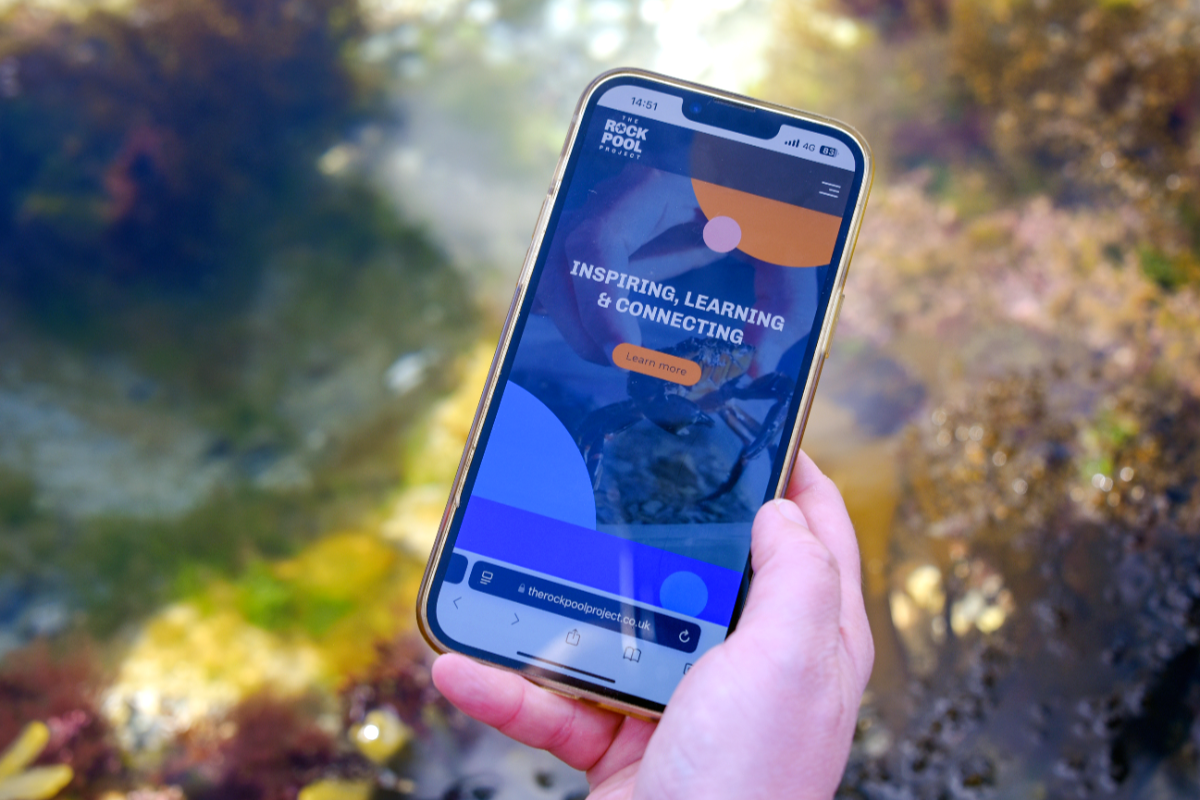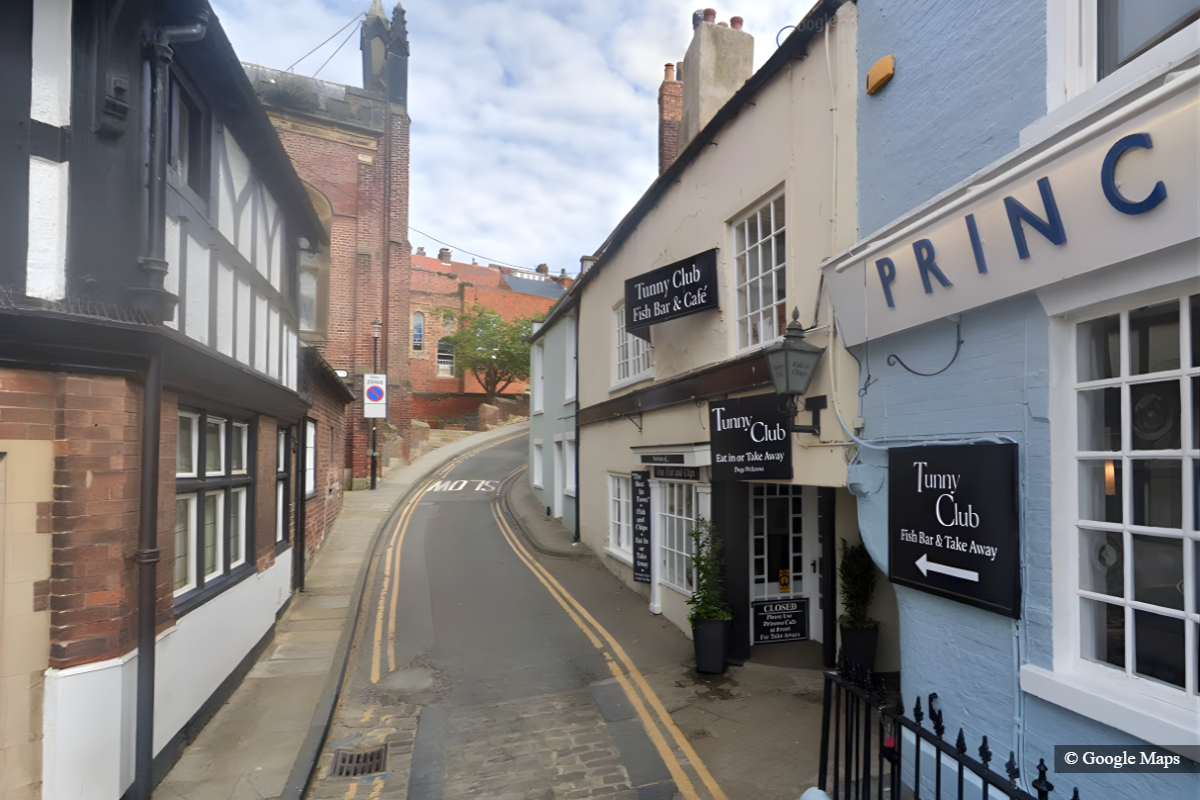
Marine biologists and conservationists are urging people living near the Yorkshire and Humber coastline to participate in a nationwide citizen science project aimed at monitoring invasive marine species.
The Rock Pool Project CIC is coordinating the initiative, known as The Big Rock Pool Challenge – National BioBlitz 2025, which runs from Saturday 17th May to 25th May, following UK Invasive Species Week.
The project seeks to build a vital national picture of the wildlife inhabiting UK rock pools and understand how these ecosystems are changing. A particular focus is placed on tracking non-native species that have been introduced by human activity and can cause harm to native wildlife or ecosystems.
According to marine biologists at The Rock Pool Project CIC, the New Zealand Barnacle is currently the most prominent invasive species in Yorkshire and the Humber. Originating from Australasia, this barnacle has spread across the entire UK coast. Over 120 sightings of the New Zealand Barnacle have been recorded on the Yorkshire and Humber coastline since the 1990s. Other invasive species noted as being present in the area include the Chinese Mitten Crab and Oyster Thief seaweed.
These invaders pose a significant threat to native marine life. They can out-compete native species for resources, disrupt local habitats, alter shorelines, and impact entire marine food chains. Since the 1960s, over 20 invasive marine species have become established on UK shores, and more are anticipated. These species are often small, under-recorded, and actively spreading. Tracking their spread is considered essential for effective conservation and biosecurity efforts, particularly as current records are described as patchy and outdated. The BioBlitz aims to help fill these gaps.

Dr Ben Holt, CEO of The Rock Pool Project, highlights the importance of public involvement. "The UK’s rock pools are teeming with fascinating marine life, yet so much of it remains unrecorded," he said. "By taking part, you’ll be helping build a vital national picture of what’s living in our rock pools – and how that’s changing. And it’s a great way to connect with nature while doing something that really matters".
Anyone can participate in the BioBlitz using their smartphone. The process involves exploring local rock pools and using the free iNaturalist app to record discoveries. Participants are asked to join the specific project 'BRPC National BioBlitz 2025' within the app to ensure their sightings contribute to the national effort.
Dr Holt says the app uses AI to help identify the marine creatures spotted by people using the app.
"There's free help which is available using the iNaturalist app. So the iNaturalist app is the world's number one biodiversity recording app, and that's what we're asking people to use to record the wildlife that they see.
And it's got an incredible AI feature. So when you see something you want to record, you take a picture of it and then you send it to iNaturalist and it'll send you a bunch of suggestions of what it might be. And they're very accurate, I would say. Say somewhere around sort of 80% accuracy, which is obviously not perfect.
But the great thing about the app is it doesn't end there. It then gets looked at by the whole community on including ourselves. So as long as you've got a good picture we can help you out with identifying it as well. There's no reason for not getting involved even if you've never done anything like this before."

Once data reaches a verified status, it is shared with the National Biodiversity Network, making it available for conservationists and scientists to use for research and protection efforts. This data contributes valuable evidence to support the stewardship of the marine environment and can even influence international policy development.
Participants are welcome to record any wildlife they find, but the project is particularly interested in reports of non-native species. Clear guides are available to assist participants in identifying key species accurately. Even beginners can easily get involved.
Ben Holt said:
"Say you saw a crab, but you didn't know what type of crab it was. You could just record it as a crab. And then somebody else who knows what it is will go on there and say, oh yes, it's an edible crab or a short crab. And you would get an alert telling you, that it's been upgraded in that respect and all this data.
Then once it gets to that verified status gets shared with the National Biodiversity Network, and that's where it can be picked up by conservationists and scientists to to, to research and help protect these species."
The Big Rock Pool Challenge is funded by The ScottishPower Foundation and The National Lottery Heritage Fund, delivered by The Rock Pool Project in partnership with the Marine Biological Association. Those interested in taking part can sign up via the Rock Pool Project website at https://www.therockpoolproject.co.uk/national-bioblitz




 Scarborough Athletic Stunned By Minnows in Senior Cup
Scarborough Athletic Stunned By Minnows in Senior Cup
 Pickering and Filey MP Criticises Government for ‘Unfair’ Rural Funding Settlement
Pickering and Filey MP Criticises Government for ‘Unfair’ Rural Funding Settlement
 East Riding to Introduce Weekly Food Waste Collections Amid Long-Term Funding Fears
East Riding to Introduce Weekly Food Waste Collections Amid Long-Term Funding Fears
 Whitby Town Again Hit By Second Half Slaughter
Whitby Town Again Hit By Second Half Slaughter
 Eastfield Boxing Club Film to Get Scarborough Premiere
Eastfield Boxing Club Film to Get Scarborough Premiere
 Scarborough Café and Flat Plans Opposed by Town Councillors
Scarborough Café and Flat Plans Opposed by Town Councillors
 Bridlington Town Beaten Again Despite Improved Showing
Bridlington Town Beaten Again Despite Improved Showing
 Scarborough Chip Shop's Alcohol Bid Approved Despite Concerns
Scarborough Chip Shop's Alcohol Bid Approved Despite Concerns
 East Riding Leaders Sound Alarm Over Government's 'Fairer Funding' Review
East Riding Leaders Sound Alarm Over Government's 'Fairer Funding' Review
 Precept Increase Proposed for Whitby Residents in Draft Budget
Precept Increase Proposed for Whitby Residents in Draft Budget
 North York Moors Park Authority Agrees Move to New £4m HQ
North York Moors Park Authority Agrees Move to New £4m HQ








Comments
Add a comment